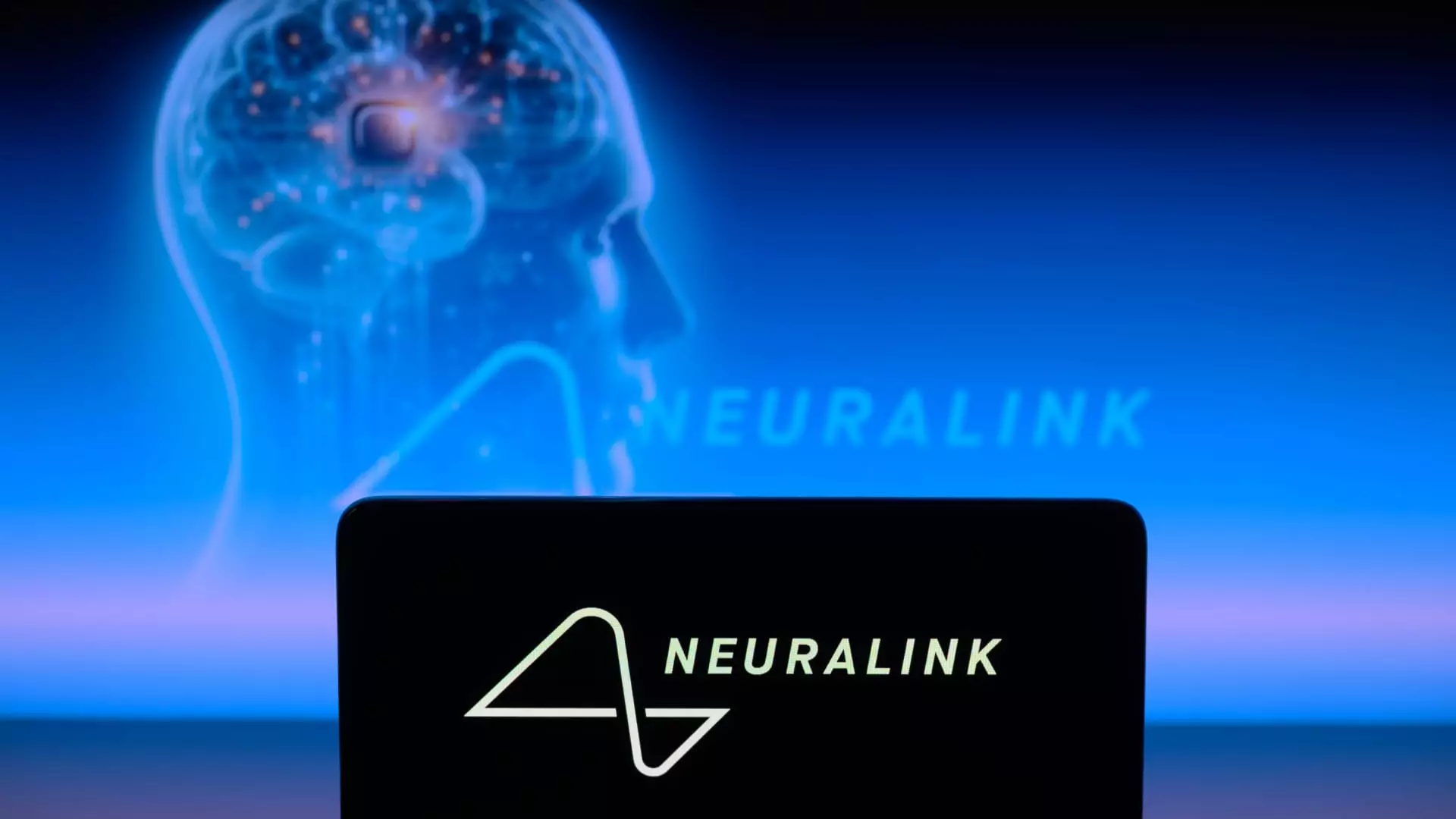Elon Musk’s startup, Neuralink, made headlines once again with a groundbreaking live demonstration showcasing the potential of brain-computer interfaces (BCI) in the field of healthcare. The video released by the company featured Noland Arbaugh, a 29-year-old quadriplegic patient who became the first human to be implanted with Neuralink’s device. This innovative technology aims to provide patients with severe paralysis the ability to control external devices using neural signals, offering a glimpse into a future where individuals can interact with technology using only their minds.
BCIs have long been a subject of research, with companies like Paradromics, Synchron, Blackrock Neurotech, and Precision Neuroscience also contributing to the development of similar systems. While Neuralink’s recent milestone is significant, experts in the field emphasize that there is still much work to be done. Dr. Nader Pouratian, an expert in Neurological Surgery, notes that while controlling a cursor using brain signals is a notable achievement, there are substantial challenges when it comes to interpreting and analyzing these signals effectively. Transparency in sharing advancements within the BCI industry will be critical for progress moving forward.
Challenges and Opportunities in Neuralink’s Clinical Trial
Neuralink initiated its first in-human clinical trial after receiving approval from the FDA in May 2023. The company’s decision to move forward with human trials marks a significant step towards realizing the potential of BCI technology. However, the lack of detailed information about the scope and nature of the trial raises questions about the transparency and efficacy of Neuralink’s approach. As the company continues to navigate the regulatory process and conduct further testing, the importance of safety and efficacy in BCI technology cannot be overstated.
While there is optimism surrounding Neuralink’s achievements, Dr. Marco Baptista of the Christopher & Dana Reeve Foundation stresses the need for critical evaluation of the technology. BCI devices have the potential to significantly benefit patients with paralysis, but rigorous scientific evaluation and publication of findings are essential to validate their effectiveness. As Neuralink aims to bring its technology to market, maintaining a balance between innovation and scientific rigor will be key to ensuring the safety and success of BCI systems.
Neuralink’s recent breakthrough offers a glimpse into the future of healthcare and technology integration. As the company continues its research and development efforts, transparency, and scientific validation will be crucial in shaping the trajectory of BCI technology. While challenges remain, the potential for BCIs to transform the lives of individuals with paralysis is an exciting prospect worth exploring further. As the field of neuroscience and technology continues to evolve, Neuralink’s advancements serve as a reminder of the endless possibilities that lie ahead.

